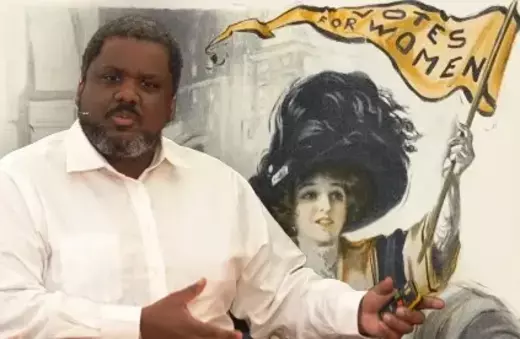Sartre famously said that he liked to masturbate women but did not think much of the sexual act. This was because, according to Simone de Beauvoir (his companion for many years, including intellectual companion), he could never let himself go and become incarnated in his body; he had to remain in control in his head. He wanted to remain active and could not stand being passive. Not to mention the fact that he infamously describes in Being and Nothingness the female sex organ as a ‘voracious mouth which devours the penis and brings about the idea of castration: the sexual act is castration of a man but, above all, the female sex organ is a hole’.
In a letter to Beauvoir, Sartre admits that he does not know how to be sensual. According to the author of The Second Sex, sex with Sartre could be exhausting, waiting for him to climax. In a little-known text on courtly love, Sartre writes that entering into love is a form of death, explaining that when giving or being robbed of one’s empirical self, as in any mystery, one dies. A contemporary literary theorist, Leo Bersani, writes: ‘It is possible to think of the sexual as, precisely, moving between a hyperbolic sense of self and a loss of all consciousness of self.’
For Sartre, I want to appropriate for myself the freedom of the Other, and yet that freedom always escapes me because from the moment I want to appropriate the Other, I transform him/her into an object, an object that loses its liberty. In looking to solve this dilemma, I try and appropriate for myself the Other’s body, but, Sartre says, all these attempts are doomed to failure. Sexual desire is the means to try and grasp the Other’s subjectivity, notably through touch: ‘Desire expresses itself through stroking like thought through language’. In the last interview between Sartre and Beauvoir in 1974, the conversation comes back to the question of sex. Beauvoir reiterates that because Sartre always wanted to be active, this attitude brought with it a certain detachment, a coldness, and Sartre acquiesces that, because his sexual partners gave themselves whilst he did not, one could talk about a form of sadism in him.
Being and Nothingness delves into sadism, described as the non-reciprocity of sexual relations as the sadist gets his kick from being a free and appropriating power in front of the freedom of the Other enslaved though the flesh. And to possess this flesh, the sadist uses the caress, defined as being not a simple contact, but a shaping: ‘When I caress the Other, I give birth to their flesh, underneath my fingers’. It is in Sartre’s main philosophical treaty that one finds the way the sadist appropriates the Other’s body; through the obscene, by making their body adopt obscene positions.
___
"...is sadism a satisfactory mode of living one’s sexuality? For Sartre, it is doomed because the moment the Other has climaxed, he/she is nothing but a panting body..."
___
Thus the role of the imagination comes into play, reminding us of Sade’s dictum that the enjoyment of the senses is always regulated by the imagination. In fact, there are parallels between Sade and Sartre according to Beauvoir’s Must we burn Sade? (1972). While the former narrates his fantasies before they are played out, the latter writes letters to Beauvoir where he describes what he has done. In both cases, ‘through this splitting, the act becomes a spectacle that is perceived at a distance at the very moment it is being engaged in’.



















Join the conversation